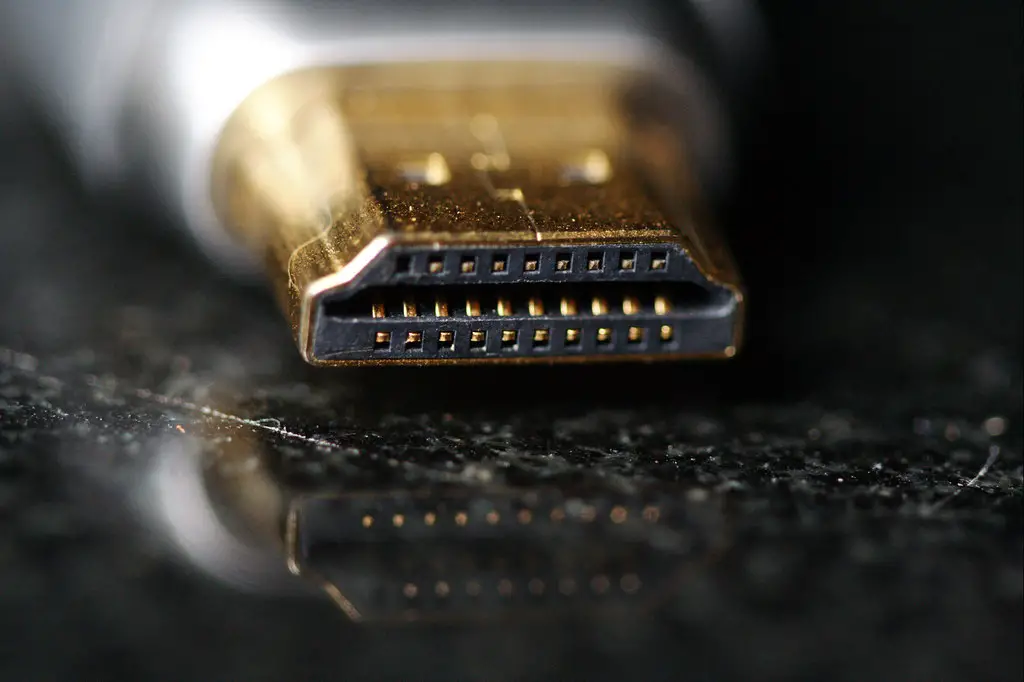EU states that many coaxial cables and HDMI cables do not comply with EMC regulations
The European Commission issued an announcement stating that the German Federal Network Agency has tested various consumer coaxial cables and HDMI cables with Agentschap Telecom Netherlands, BAKOM Switzerland, and Elsäkerhetsverket Sweden, and found that many of them do not comply with electromagnetic compatibility (EMC) regulations. Among the 30 coaxial cables and 30 HDMI cables that participated in the test, only 11% met the standards declared by the manufacturer, and only 10% of the HDMI cables fully comply with EMC regulations.

“HDMI” by Sam-Cat is licensed under CC BY-ND 2.0
The report pointed out that if inferior quality coaxial cables and HDMI cables are used to connect the set-top box and the TV, it may cause display problems. On the other hand, these wires will also send out interference, causing radio reception problems in nearby areas. Although it only shows that HDMI cables may also cause radio interference, no further details are provided. In fact, users may encounter similar problems in real life. The most common ones are some poor-quality USB 3.0 cables, which may interfere with 2.4 GHz signals, such as Wi-Fi, Bluetooth, wireless mice, headsets, etc. The report also pointed out that there is no real difference between cheap and high-priced wires.
The four teams in charge of testing have raised a list of recommendations to the European Commission for research and suggested that standards organizations need to strengthen related certification work. The working group also proposed to test other types of cables, such as network cables or USB-C cables, to find out whether these cables meet relevant regulations and standards.





